Brush Your Teeth, Change Your Life
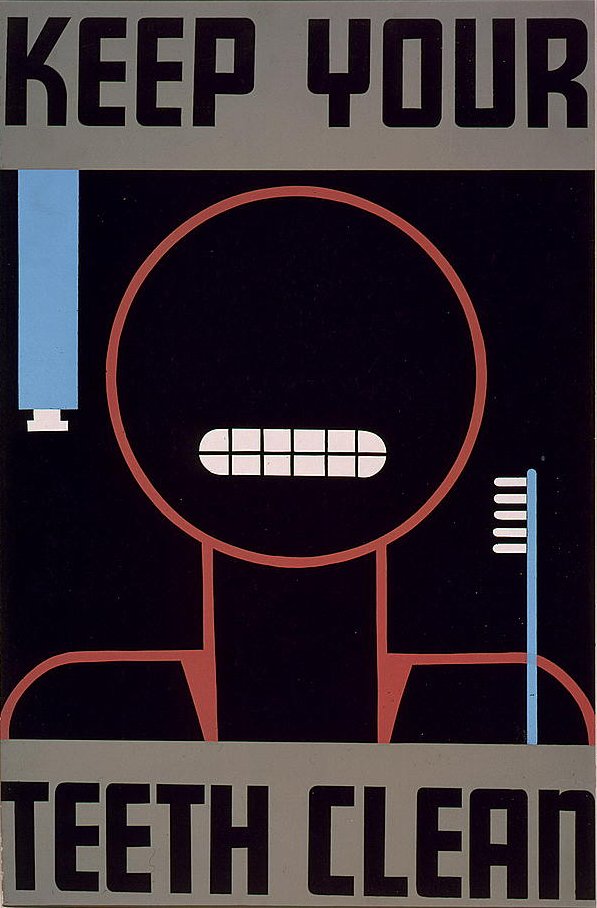
Keep your teeth clean. Poster promoting good oral hygiene from the Federal Art Project, 1938. Courtesy of the Work Projects Administration Poster Collection, Library of Congress.
Guest post by Jill MacNeice
I have always been a bit neurotic about my teeth. Perhaps because my mother, who was cursed with weak teeth, put the fear in me that my choppers would drop out of my head, just like that, if I didn’t brush regularly. Or, perhaps it was my childhood dentist, who did not believe in using novocaine. Hard to say.
I’ve been a diligent brusher and a sap for dental hygiene products all my life. And since I got serious about flossing 6 years ago, I haven’t missed a day. So when I decided to participate in BJ Fogg’s 3 Tiny Habits program, I knew I’d do something related to teeth.
If you haven’t heard of BJ Fogg, Google him right now. He’s a professor at Stanford, a psychologist, and generally a cool guy who I think of as my personal Elvis. As an information architect and user experience professional (a fancy term for “web stuff”) his work has had a seminal influence on my thinking.
More recently, BJ’s work has centered around habit formation. His thesis is that people can successfully adopt new behaviors if they start small. In his latest project, he challenges you to practice behavior change by adopting 3 tiny habits for a week. He recommends you pick something that is easy, can be executed in 30 seconds, and that you tie them to something you already do regularly, i.e., after I finish my breakfast… or before I get in bed… that sort of thing.
Here are my 3 tiny habits:
- After I brush my teeth in the morning, I will stretch my hamstrings for 30 seconds. (I don’t stretch enough.)
- After I come into the house for the evening, I will practice music drills for 30 seconds. (I don’t practice every evening like I should.)
- After I take off my eye glasses at bedtime, I’ll remember one good thing that happened during the day. (It’s too easy for me to get focused on bad stuff.)
One other thing: Every time you do one of your habits, you’re supposed to declare Victory to yourself. (See why I love BJ?)
Here’s how my experiment went:
- Stretching: Every morning, after I brushed my teeth, I immediately dropped over for 30 seconds of stretching. The first few days were really painful. I extended it to 60 seconds by the second week and now it feels great. I actually look forward to it and I can now put my hands flat on the floor – something I haven’t been able to do since my 20s. I’m still stretching every morning. Victory!
- Music Drills: This one was not so easy as there are many demands on my attention when I get home. I think I made a poor choice for a trigger.
- One Good Thing: I had moderate success with this one. About half the time I remembered to remember, right on cue. A quarter of the time, I thought of the good thing around bedtime, but not necessarily tied to the trigger. And a quarter of the time, I forgot. While I can’t exactly claim victory, I don’t consider this a loss because I have generally raised my consciousness about noting good things. And that’s not bad.
The habit tied to tooth brushing was the easiest to make and keep. And I knew that if I tied any other tiny habits to tooth brushing, either in the am or the pm, I’d be more likely to have success. Which got me to wondering:
What is it about tooth brushing that makes it such a successful anchor for new habit formation?
- Tooth brushing is probably the first – and most important – conscious habit a child acquires. Parents instruct children in how to brush teeth and monitor the progress and remind them to brush regularly. We do it every day of our lives.
- Tooth brushing is so engrained, it’s automatic. Once I acquired the habit in early childhood, I didn’t need to actively think about it to do it. Not doing it takes cognitive energy. I would never say to myself: “I’m just too busy to brush my teeth this morning. “ Or, “I had a bad day, so I’ll treat myself and skip the brushing.” Not brushing would actually make me feel worse.
- Tooth brushing happens in a regular, predictable time slot. Like a parentheses on the day – tooth brushing happens in the morning, before our attention is pulled in different directions, and at the end of the day – when we are winding down, providing two excellent triggers for adding new habits.
- It’s a tiny thing that can make you feel great. You’re taking care of yourself. Your breath is fresh; your teeth are clean. The stock market may have tanked. You may wish you could get rid of a few extra pounds. You may hate your job – or even be unemployed. But those few minutes you spend each day cleaning your mouth will always make you feel good.
So I realized that as parents, one of the most powerful tools we can give to our children is a good, strong tooth brushing habit. It not only keeps teeth clean and healthy, minimizes painful dentist visits, but it can also become the springboard for the successful adoption of many other healthy habits. Who knew?
Thanks, Mom!
Do you remember what it was like when you learned to brush your teeth?
Do you remember teaching your children to brush?
Have you tried BJ’s 3 tiny habits? Was one of your habits tied to tooth brushing? If so, were you able to declare “Victory!”?
Some facts about tooth brushing:

Toothbrushes Through the Ages. From The Dr. Samuel D. Harris National Museum of Dentistry, an Affiliate of the Smithsonian Institution. For a description of these wonderful vintage toothbrushes, visit: www.dentalmuseum.org/explore/collection/
- Egyptians made tooth brushes from twigs and leaves 5,000 years ago. The ancient Greeks and Romans also used twigs and leaves.
- In Europe, tooth brushing became prevalent in the late 1600s. People rubbed their teeth with a cloth, and often used herbs or cleansing substances. William Addis of Clerkenwald, England made the first mass-produced toothbrush out of bone and horsehair in the 1780s.
- In the United States, soldiers returned from WWII with the tooth brushing habit, helping to establish it in this country.
- Tooth brushing is not only good for your teeth – it’s good for your heart. A study in Scotland published in 2010 found that people who reported poor oral hygiene had an increased risk of developing heart disease.

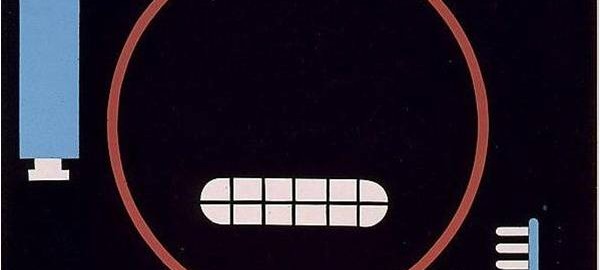
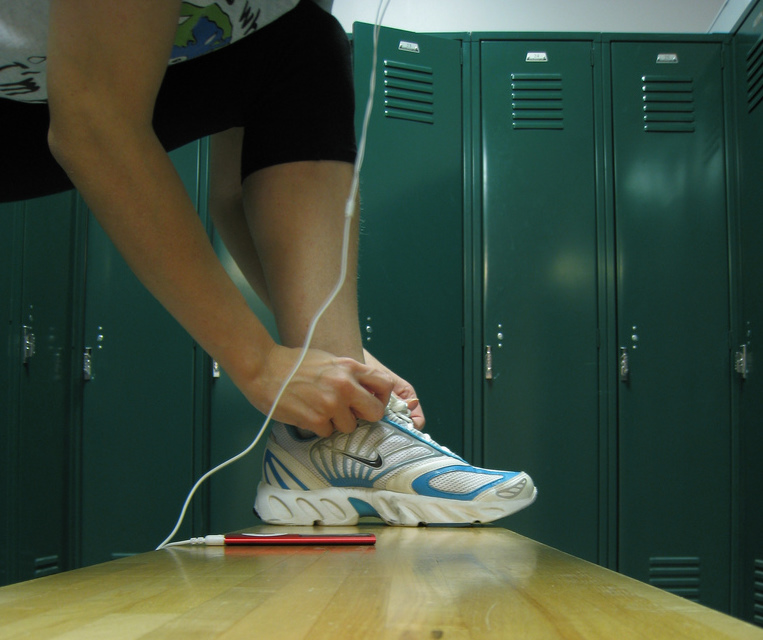


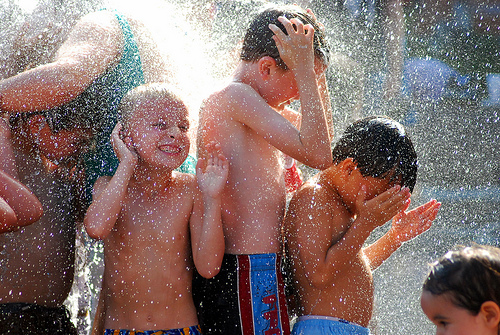
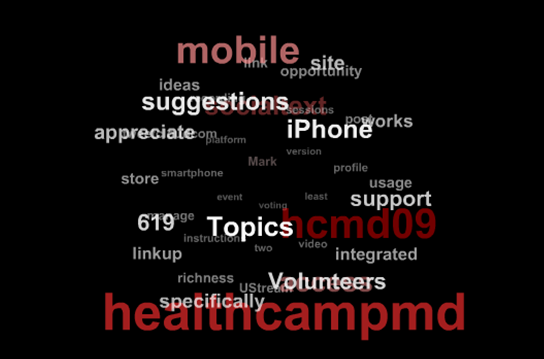



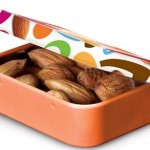
In May 2011 I had jaw bone graft surgery. It’s every bit as bad as it sounds. Post px, I lost about 17 lbs and exceeded my Lifetime Permissible Dose of Jello and Cream of Wheat.
$4,300 cash, two weeks in advance. Another $500 or so in follow-ups.
I am now a teeth cleaning fanatic. The Crest peroxide rinse, floss, Water-Pik (amazing), and Oral-B electric toothbrush (love it).
Better late than never.
Bobby – Thanks for sharing your experience. You’ve motivated me to do a much better job of flossing.
A friend once said: Floss only the teeth you want to keep.
Flossing is really an important part of brushing nowadays. It prevents periodontal disease and gingivitis. Furthermore, researchers found that it removes bacteria and plaque from the teeth and gums, this is the same plaque which is absorbed into the blood stream and can clog arteries and veins. Good oral hygiene also really means a healthy heart.